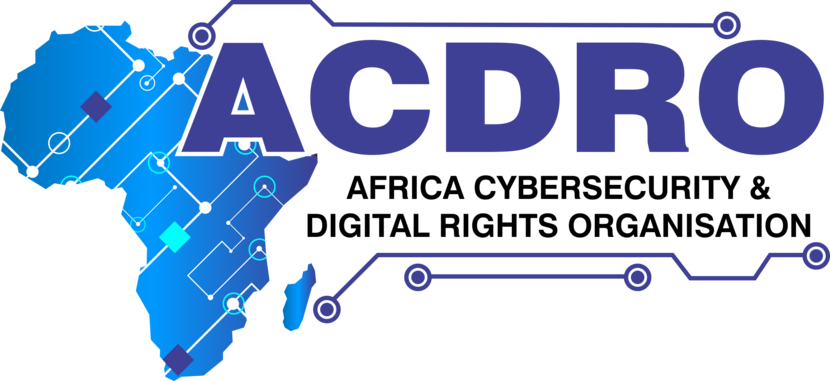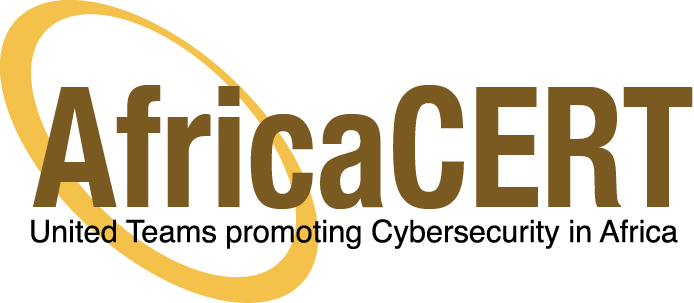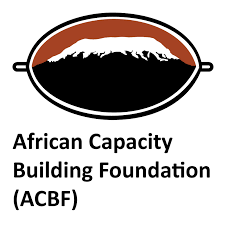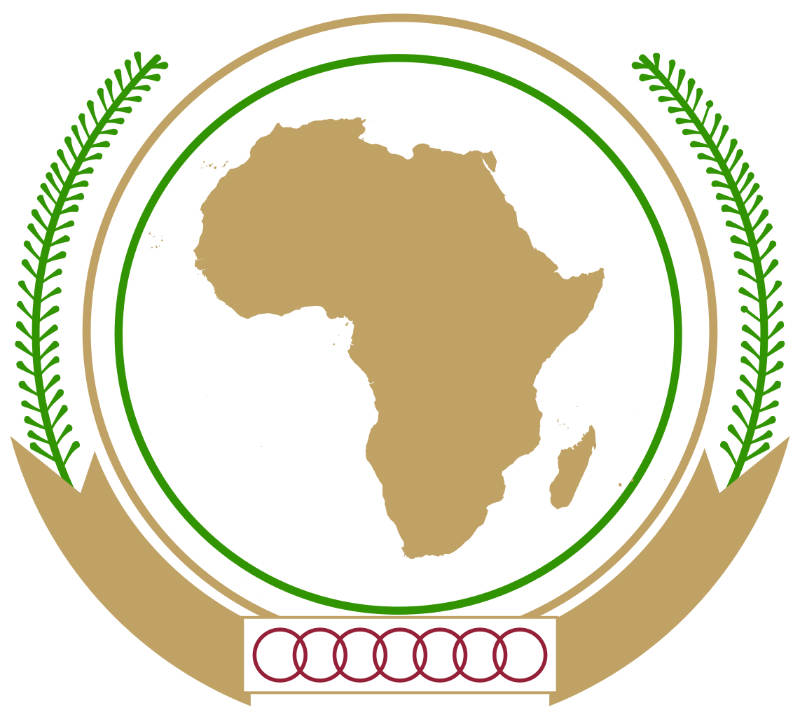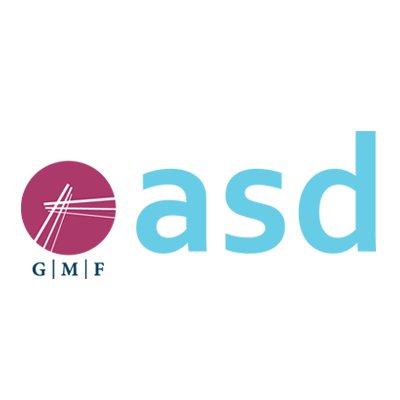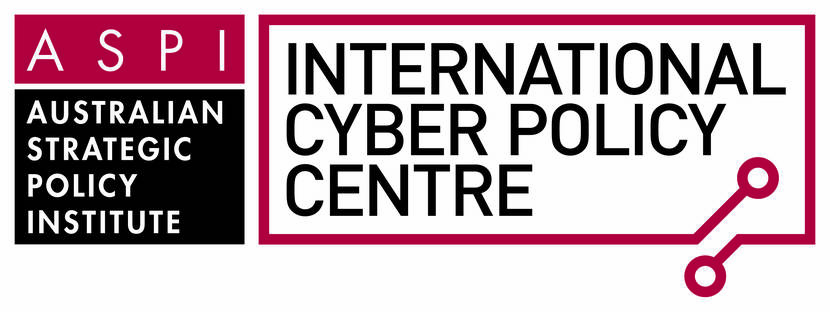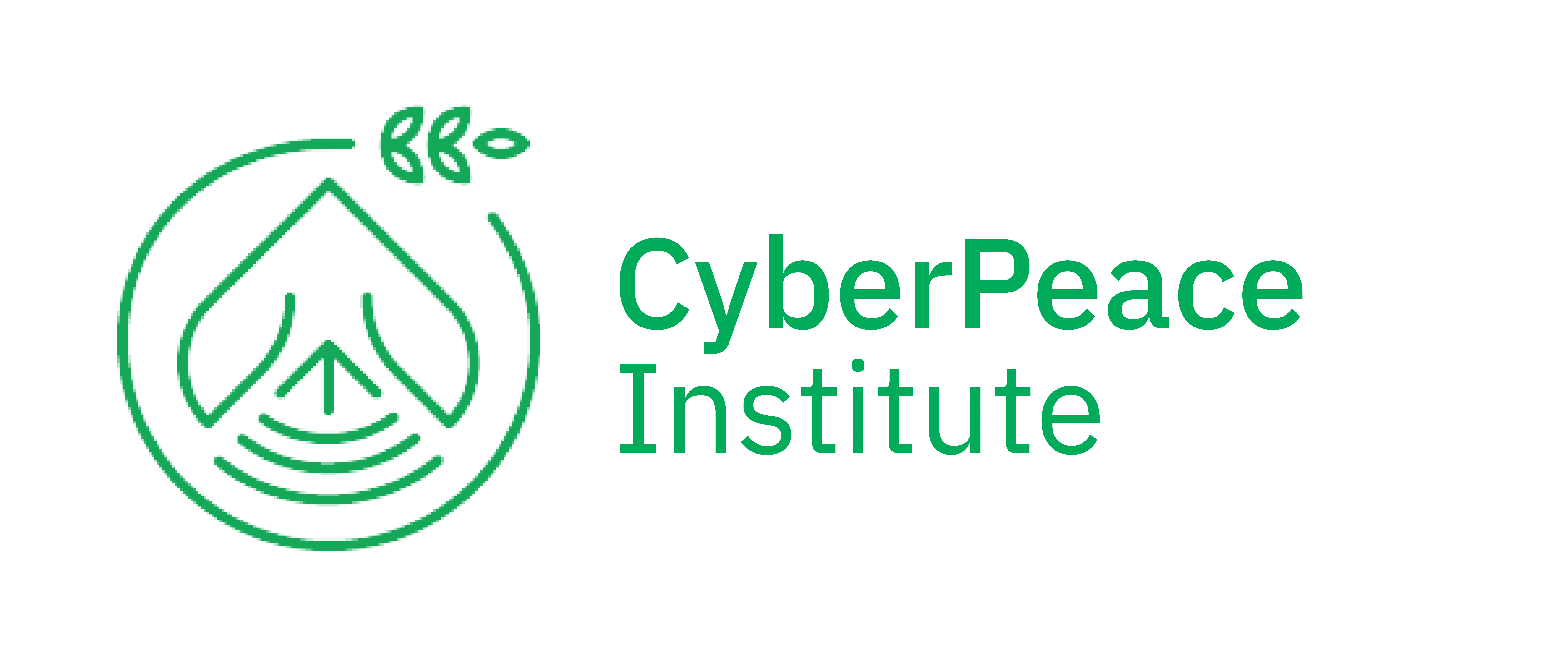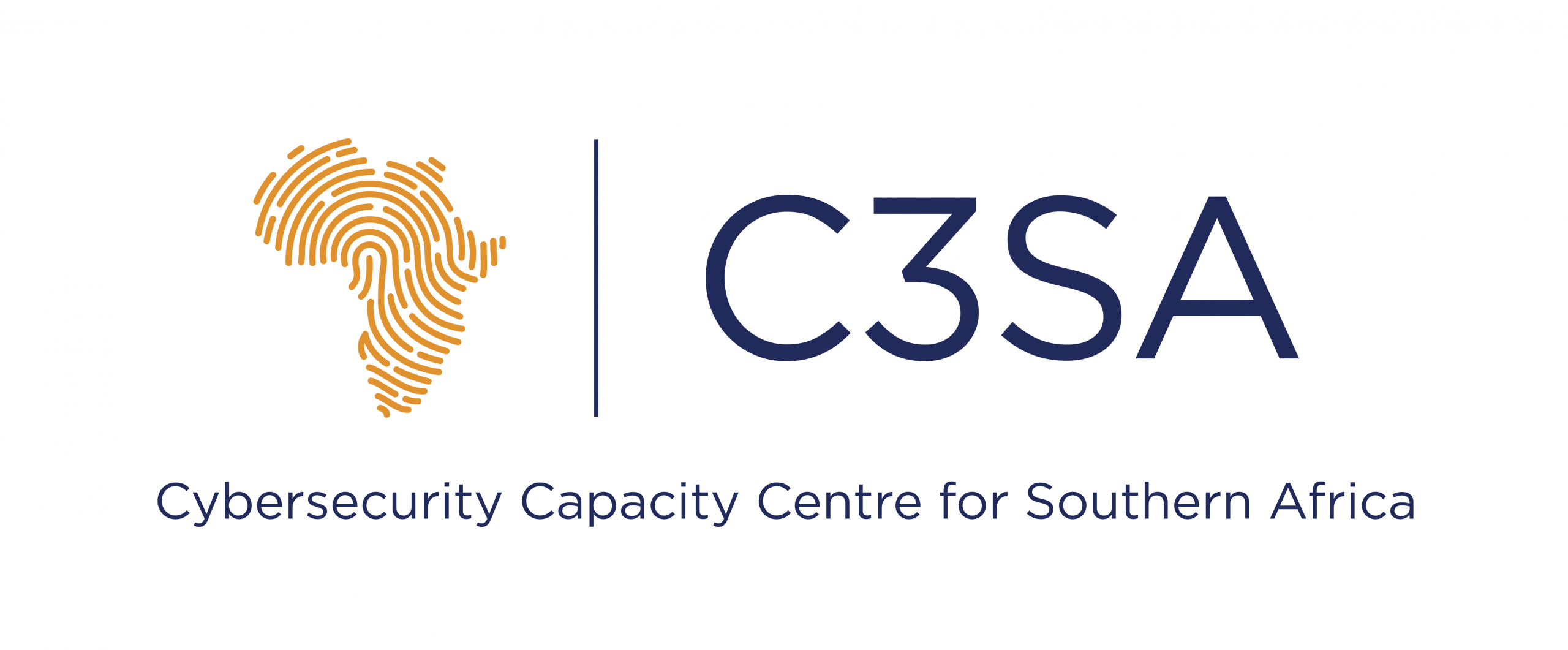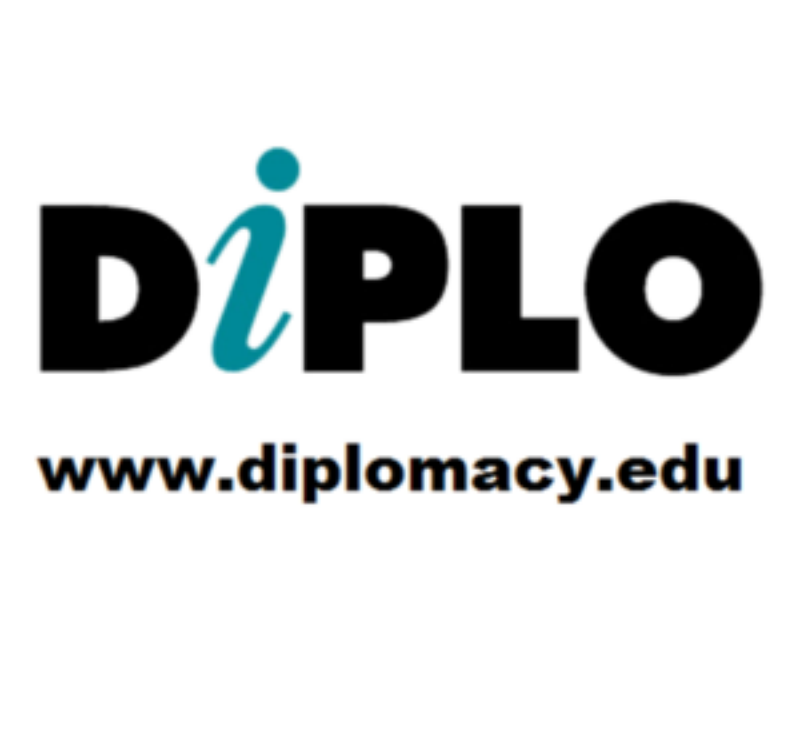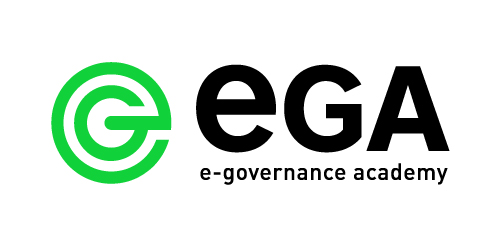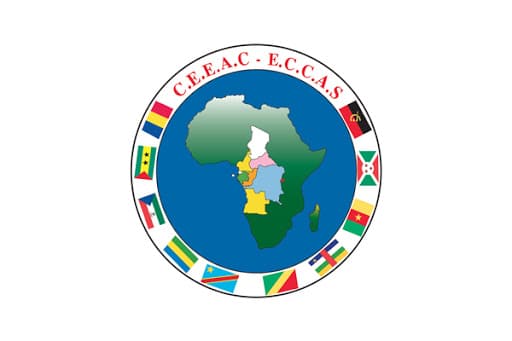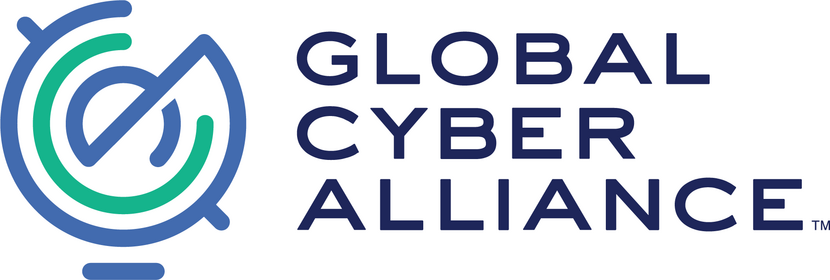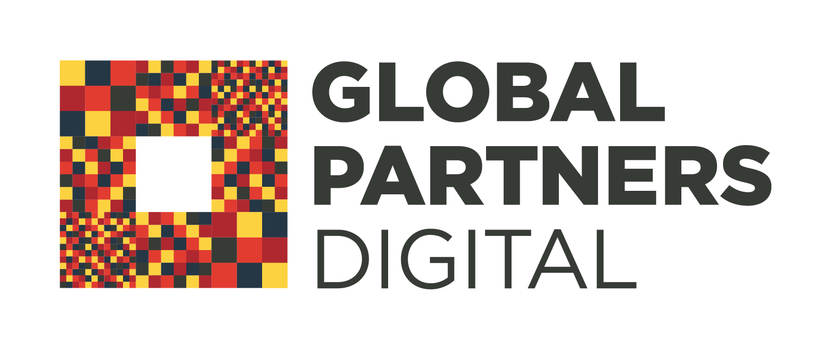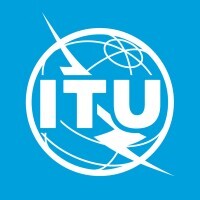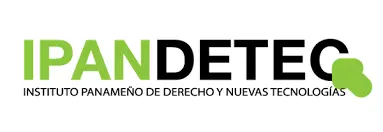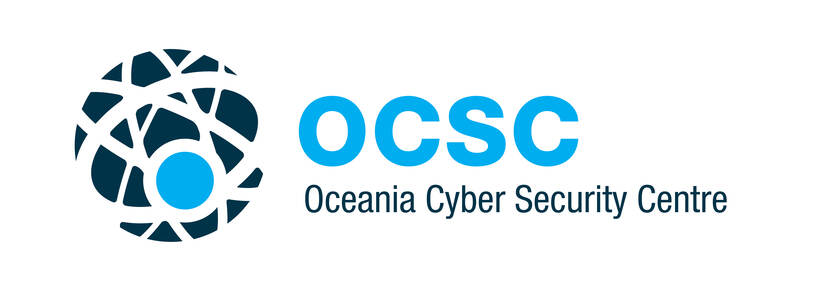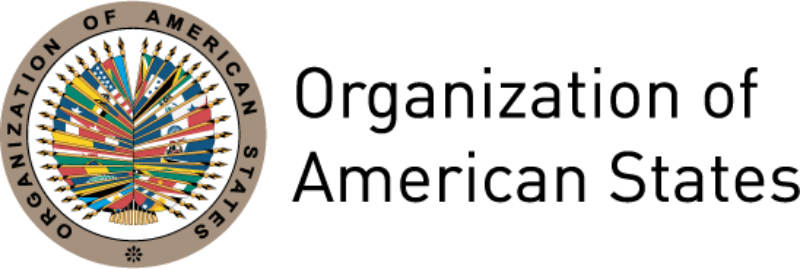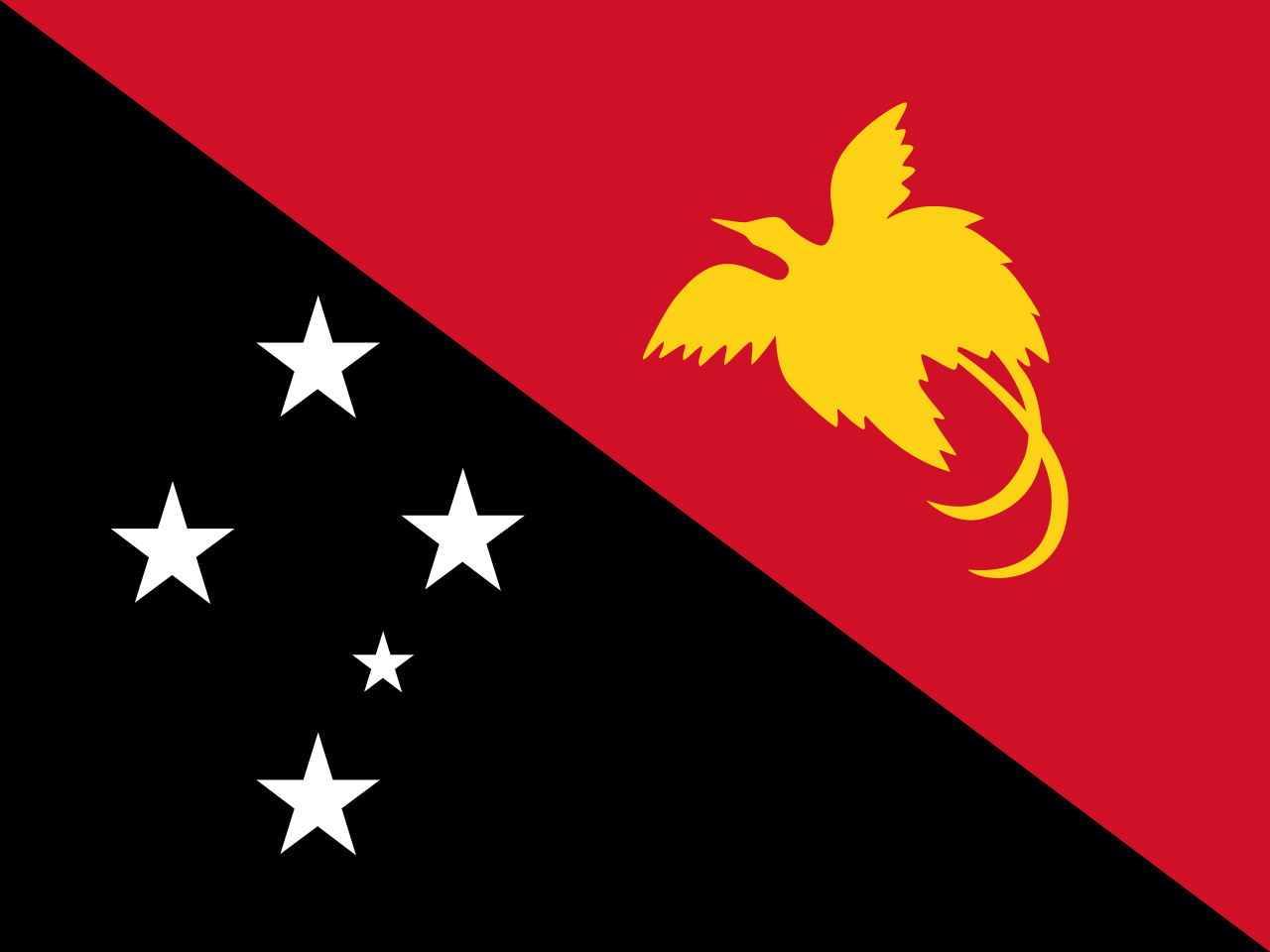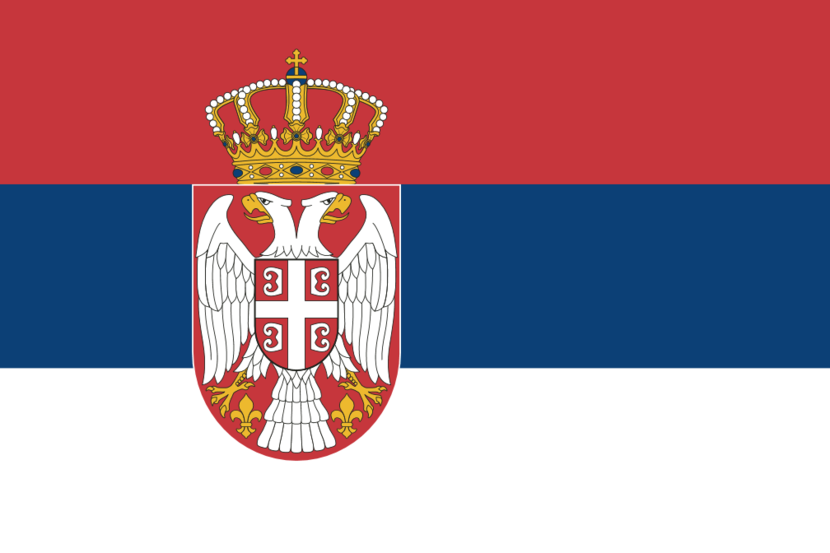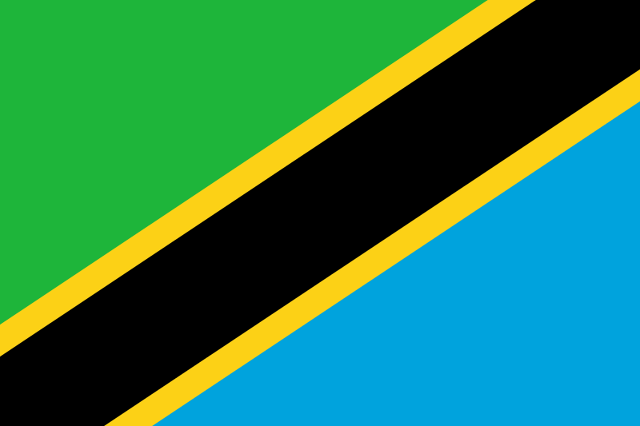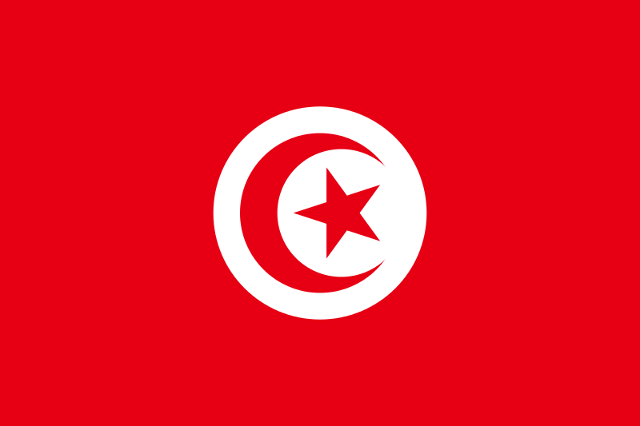Cybersecurity Policy and Strategy
Cybersecurity Policy and Strategy is one of the five thematic streams of the GFCE’s work, as codified in the GFCE’s Delhi Communique.
Within this theme, the GFCE facilitates dialogue, collaboration and information sharing on cyber capacity building as it relates to the topics of: National Cybersecurity Strategies, Capacity Assessments, Norms and Confidence Building Measures Implementation, and Cyberdiplomacy.
Working Group A on Cybersecurity Policy & Strategy
The GFCE’s multistakeholder community comes together to share, shape and form knowledge on specific issues related to cybersecurity policy and strategy in Working Group A. The main objective of the group is to help countries and other stakeholders strengthen their policy and strategy making capacity, and to create a space for multistakeholders to share expertise and learn from one another. The Working Group has also created a dedicated platform to discuss developments taking place in UN international negotiations through a special “Capacity Building and the UN Processes” series, in collaboration with the GFCE Working Group on Cybercrime.
Reports and Deliverables
- 2022
In 2022, the Task Force on Strategies and Assessments developed an interactive web-based tool from the deliverable “Catalog of Project Options for the National Cybersecurity Strategy (NCS) Cycle”, with support from the US State Department. The online Catalog was translated into French and Spanish to broaden its reach and improve accessibility. The Task Force also published the “Short Guide to Stakeholder Engagement on NCS Development” and kept an overview of new, planned and in progress National Cybersecurity Strategies. The Task Force on CBMs/Norms Implementation and Cyber Diplomacy is launching a new series on the UN cyber processes (GGE, OEWG and AHC), in collaboration with Working Group C on Cybercrime. The recurring sessions will delve deeper into the processes from a cyber capacity building lens and is envisaged to build greater understanding on the synergies with the GFCE ecosystem. - 2021
In 2021, the Strategy & Assessments TF finalized and published the Catalog of Project Options for the National Cybersecurity Strategy (NCS) Cycle and the Global Overview of Existing Cyber Capacity Assessment Tools (GOAT). The GOAT is available in four languages and the Catalog is currently available in two languages, with two more on the way in 2022. The Catalog will also be turned into an interactive web-based tool in 2022, supported by the US State Department.In the spirit of knowledge sharing and coordination, the TF has developed an internal database tracker on National Cybersecurity Strategy and Assessments, facilitating the tracking and sharing of updates raised during TF meetings.Another highlight of 2021 is the initiation of a joint collaborative project with Working Group B TF CIIP on developing a Guide for the Process of Identifying Critical National Infrastructures (CNI). The TF presented its work during the GFCE Showcase Meeting in September and identified three research topics for the Global CCB Research Agenda 2022. - 2020
To help countries know what types of support activity are available for the National Cybersecurity Strategy cycle, and to help programme managers design projects, the Strategy & Assessments Task Force developed a ‘catalogue’ of examples. A draft of the catalogue was prepared for the GFCE Annual V-Meeting 2020 and will be finalized for circulation by early 2021. Based on the outcome of the Cyber Capacity Assessments webinar in April, members of the Strategy & Assessments Task Force came together to form a project team to develop an overview of the existing tools to assess cyber capacity of countries. The project will be finalized in February/March 2021.The CBMs, Norms Implementation and Cyber Diplomacy Task Force developed an introduction paper on CBMs as they relate to cyberspace in 2020 (available in English and Spanish). During the GFCE V-Meetings in May, the Task Force organized a session on Capacity Building and UN Processes; which saw the participation of the Chairs of the UN GGE and OEWG. The aim of the session was to provide an update on the UN OEWG and GGE processes, and to elaborate on the role of capacity building in implementing the outcomes of such discussions. The Task Force has also put together a living overview of the existing capacity building initiatives and trainings on the relevant topics.In 2020, both Task Forces submitted a total of 6 research ideas for the Draft Global Cyber Capacity Building Research Agenda 2021. - 2019
In 2019, the Task Forces focused on mapping existing initiatives and available tools related to their respective topics. During the GFCE Annual Meeting 2019 in Addis Ababa, both Task Forces organized workshops for the beneficiary community.The CBMs, Norms Implementation and Cyber Diplomacy Task Force developed a whitepaper on Cyber Diplomacy. The Strategy & Assessments Task Force supported Sierra Leone with their Clearing House request (still ongoing), bringing together implementors and donors to discuss Sierra Leone’s priorities and how the international community could support them at the GFCE Annual Meeting. The Task Force also used the GFCE Annual Meeting to help coordinate strategy support projects in West Africa, in partnership with ECOWAS. - 2018
The Working Group presented a collection of interviews on national cyber strategies with cybersecurity specialists in Norway, Mexico and Senegal.Recognizing the importance of the ongoing international cyber negotiations and the need for greater cyber diplomacy capacity, the Working Group split into two Task Forces during an informal meeting at the Internet Governance Forum (IGF) in November 2018.
Tools and publications
A Short Guide to Stakeholder Engagement on National Cybersecurity Strategy Development
Stakeholder engagement is key to the success of any project and is often more of an art than a science. Initial stakeholder consultations and core consultation events are crucial for
Global Overview of Existing Cyber Capacity Assessment Tools (GOAT)
This Global Overview of Assessment Tools (GOAT) document has been developed by the Global Forum on Cyber Expertise (GFCE), Working Group A – Task Force Strategy and Assessments, as a
Catalog of Project Options for the National Cybersecurity Strategy (NCS) Cycle
This Catalog was developed in 2020 as part of the Work Plan of the Global Forum on Cyber Expertise (GFCE) Strategy & Assessments Task Force, under the leadership of Robert
National Strategies: Interviews from behind the cover
The GFCE Working Group for Policy and Strategy presents information regarding the development of national cyber strategies through interviews conducted with cybersecurity specialists in Norway, Mexico and Senegal. These three
GFCE Secretariat Representative
Participating members and partners
Projects
Clearing House Coordinator/Global Partnerships Manager (UK FCDO)
UN Women in Cyber Fellowship
United States Support to International Cyber Capacity Building Efforts
GFCE-Australian support for the Women in International Security and Cyberspace (Women in Cyber) Fellowship Network
Creating coordination and targeted training of cybersecurity capacity in Africa
Enhancing cyber capacities and CCB coordination in ECOWAS countries
International Law of Cyber Operations: Training and Capacity Building Program on International Law and Cyberspace
International Law of Cyber Operations Executive Course and CLI Alumni Course
International Law of Cyber Operations Course
Study on ‘Advancing Cyber Security with Africa’
Initiatives
Promoting the implementation of tools and frameworks to enhance cyber stability between States
The growing importance of information and communication technologies (ICTs) for political, economic, social, and military activity is one of the most significant trends of the current security environment. Most if...
e-Governance and Cybersecurity in Latin America and the Caribbean
The aim of this initiative is to address the clear gap in the knowledge and awareness of Latin American and the Caribbean countries on the benefits of e-government, and the...
Promoting Cybersecurity Due Diligence across Africa
This initiative helps African member states draft national cybersecurity frameworks for national and international engagements on cyber policy. These efforts include creating a culture of cybersecurity, developing national cyber strategies,...
Assessing and developing cybersecurity capability
This initiative aims to enable decision makers in governments, international organisations and capacity-building bodies around the world to benchmark national cybersecurity capacity in a comprehensive manner in order to identify...
Progressing Cybersecurity in Senegal and West Africa
Senegal and the Netherlands have teamed up to exchange practical steps and expertise to address cybersecurity issues in Senegal and the broader West African region. A secure digital environment will...

